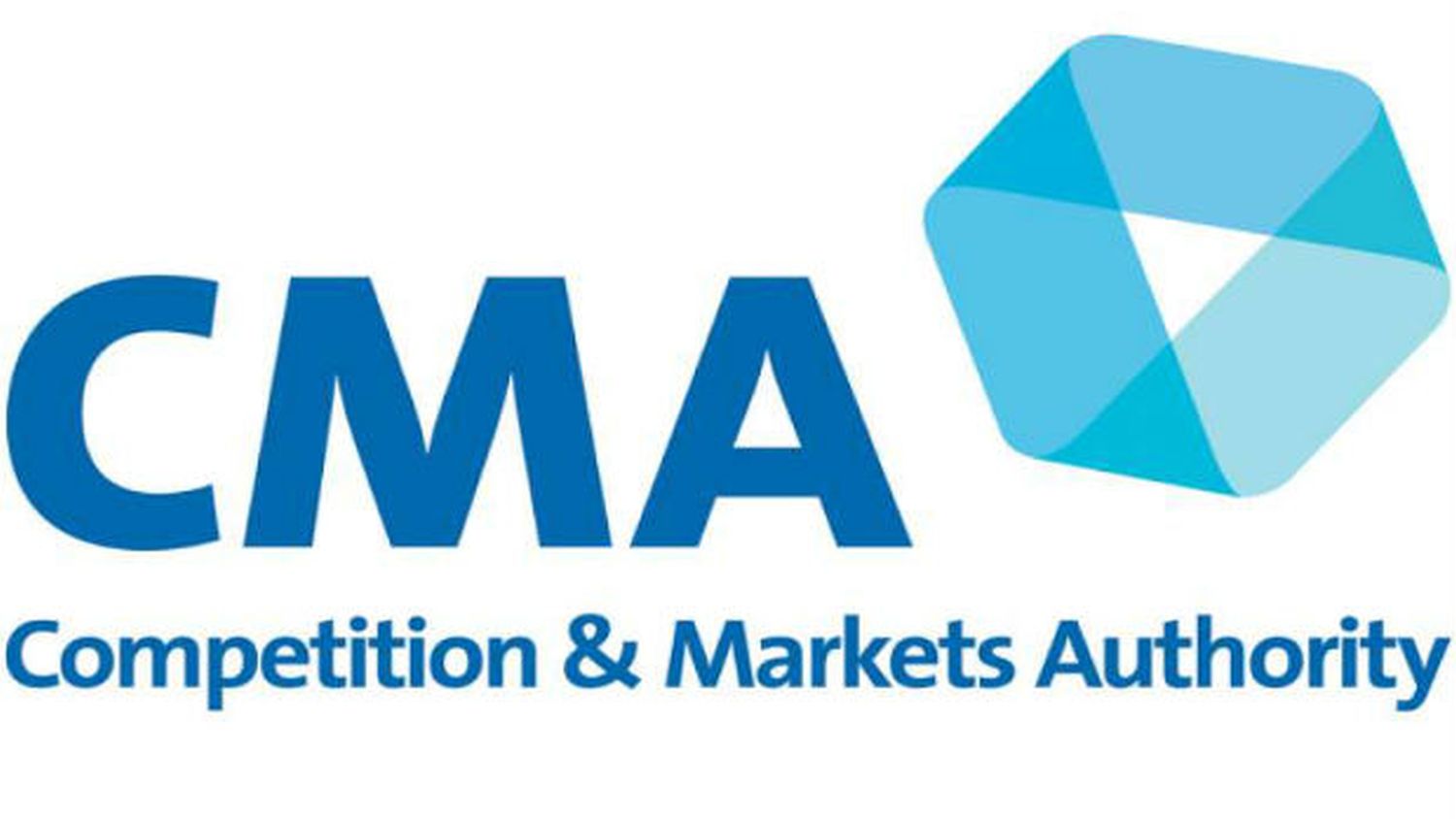
The Competition and Markets Authority (CMA) has accused 10 construction firms of illegally engaging in bid rigging on demolition and asbestos removal contracts.
Eight of the companies have admitted their involvement in illegal cartel activities, affecting 19 separate contracts.
Brown and Mason, Cantillon, Clifford Devlin, DSM, J F Hunt, Keltbray, McGee, and Scudder all admitted their involvement in at least one instance of bid rigging between January 2013 and June 2018.
But two other firms, Erith and Squibb, have not admitted their involvement in any bid rigging. The CMA said it should not be assumed that they have broken the law.
Rewards for ‘losers’
The CMA has also provisionally found that seven firms, on at least one occasion each, were involved in arrangements by which the designated ‘losers’ of the contracts could receive compensation from the winner. The value of this compensation varied, but was higher than £500,000 in one instance. Some firms produced false invoices in an attempt to hide this part of the illegal behaviour.
The watchdog has been investigating collusion on prices through illegal cartel agreements in the demolition sector since 2019. It said that companies rigged bids with the “deliberate intention” of deceiving customers.
The process worked by one or more construction firms agreeing to submit bids that they had deliberately priced to lose the tender. This is known as ‘cover bidding’. The CMA warned that customers could end up paying higher prices or receive lower-quality bids as a result.
“The construction sector is hugely important to Britain’s economic well-being. Bid rigging can result in worse deals, which can leave businesses – and sometimes taxpayers – out of pocket.”
It will impose fines on the businesses if it reaches a final decision confirming that they have broken the law.
Two firms report involvement
Both Scudder and McGee reported their involvement in the conduct under the CMA’s leniency policy. Under the policy, a business involved in a cartel may receive immunity from penalties or a significant reduction in return for reporting cartel activity and assisting the CMA with its investigation.
The alleged bid rigging covered contracts in London and the Midlands. It included contracts for the development of Bow Street’s Magistrates Court and Police station, the Metropolitan Police training centre, Selfridges, Oxford University, shopping centres in Reading and Taplow, and offices on the Southbank, London, said the CMA.
But it stressed that not all of the firms colluded in each of these contracts. And not every contractor that submitted a bid for these contracts colluded.
‘Unacceptable’ practice
Michael Grenfell, the CMA’s executive director for enforcement, said: “The construction sector is hugely important to Britain’s economic well-being. Bid rigging can result in worse deals, which can leave businesses – and sometimes taxpayers – out of pocket.
“This is unacceptable, and the CMA won’t hesitate to come down hard on these activities and impose appropriate fines.”
The CMA’s findings are provisional, and it should not be assumed that any company has broken the law at this stage. The final total of any fines to be paid will also be determined at the end of the investigation.
The contracts affected
The 19 contracts affected by the suspected cartel activity were at the following sites:
- Bishop Centre; MPS Training and Operations Centre, Hendon; Southbank, London
- Bow Street, London on two separate occasions
- Station Hill, Reading; Lots Road Power Station, London
- Duke Street, London; Lombard House, Redhill; 18 Blackfriars Road, London
- Underground car park, High Wycombe; 33 Grosvenor Place, London
- Wellington House, London
- Ilona Rose House, London
- 44 Lincoln’s Inn Field, London
- 57 Whitehall Old War Office, London
- 135 Bishopsgate, London
- Civic Centre Scheme, Coventry
- Tinbergen Building, Oxford.











